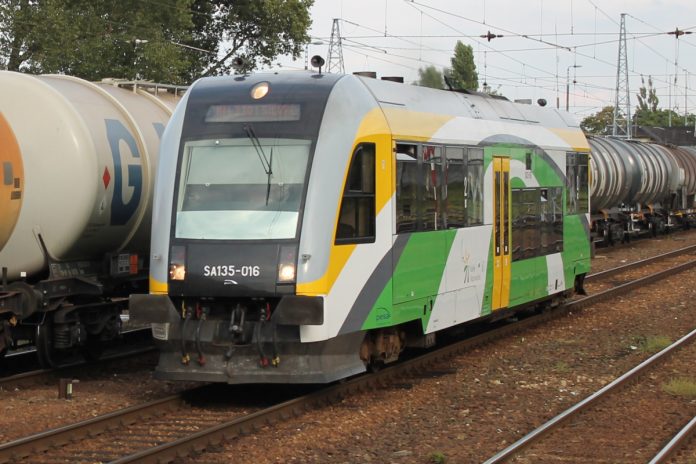A new EU mobility strategy, that sets the plan towards greener and smarter EU transport system, was debated by Transport Committee MEPs with Commissioner Adina Vălean on Monday.
Transport Commissioner Adina Vălean outlined the main elements of Sustainable and Smart Mobility Strategy. She stressed that transport makes an important part of the EU economy, contributing 5 percent to European GDP and employing over 10 million workers. However, transport mobility comes with some negatives effect, such as 22 000 annual road fatalities, greenhouse gas emissions, air, noise and water pollution. “Greening mobility is a prerequisite, a license for transport sector to grow and remain competitive in the future”, she said, adding that a sustainable path is needed, firstly, to survive a current crises, causes by pandemic, and then to achieve 90% reduction in transport sector’s emissions by 2050.
Transport committee MEPs welcomed the new mobility strategy, with some of them voicing their concerns over too ambitious goals, given current context of pandemic and constraint in further technological innovations.
Social conditions for workers, in particular in aviation sector, adequate EU financing for new goals, ensuring that no consumer group is left behind bearing the cost of transformation, further incentives for cyclist, but also electric vehicle charging infrastructure, and fair competition in railway sector were some of the other concerns raised during the debate by MEPs.
On 9 December 2020, the European Commission presented the Sustainable and smart mobility strategy, outlining the planned steps to transform the EU transport system in line with the ambition of the European Green Deal and the objectives of the EU’s Digital Strategy. The mobility strategy is complemented with an action plan listing 82 initiatives in 10 key areas for action (‘flagships’) with concrete measures to be adopted over the next four years.
The Commission pledges:
– to reduce the dependence on fossil fuels by replacing existing fleets with low- and zero- emission vehicles and increasing the use of renewable and low-carbon fuels;
– to increase the use of the less polluting modes and shift a substantial part of today’s inland freight carried by road (75%) onto rail and inland waterways;
– to internalise the external costs.

